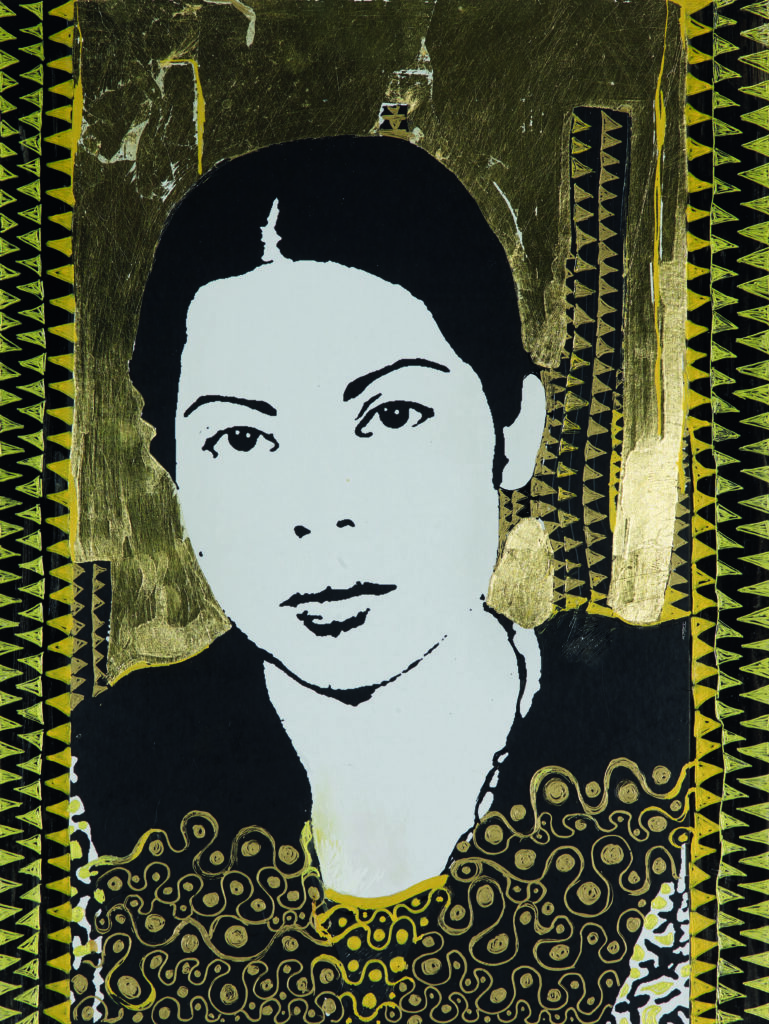Illustrated by Zafar Malik

1.
‘Meri jaan’.
That’s what I called her. When she was anxious or concerned about something: meri jaan, my life, my love. I would put my arms around her. She was not a natural hugger. Her first reaction would be to hold back. But once I clasped and held her firmly, she would calm down; her worries would melt away. We would become one. A single life.
Usually, she was Begum. It was, as I was eventually to discover, part of her name. Her birth certificate has her name as ‘Saliha Begum’. It is an honorific given to Muslim women of high social or cultural standing in South Asia. Sometimes it is just added to the first name without a solid reason. In Saliha’s family there are many Begums. Her mother and aunts are Begums. But by the time she got married, and had Sardar added to her name, Begum had been dropped. Her first passport, issued in Multan, Pakistan, on 27 December 1977, has Saliha Basit (her father’s name) written underneath her photograph in blue ink, with Sardar added in black, as though an afterthought. But I called her Begum: she was my Begum, my queen, my wife, my beloved, who elevated my position, gave honour and dignity to my life.
My nephews and nieces, and some younger members of our extended family, called her ‘Dulhan’ – Bride. When we were getting married, my nephew, Atif, who was two years old, asked: who is the woman sitting on the podium, wrapped in red garments. She is the Dulhan, he was told. He, and other children present at the wedding, started to call her Dulhan. The appellation stuck.
The rest of this article is only available to subscribers.
Access our entire archive of 350+ articles from the world's leading writers on Islam.
Only £3.30/month, cancel anytime.
Already subscribed? Log in here.
Not convinced? Read this: why should I subscribe to Critical Muslim?